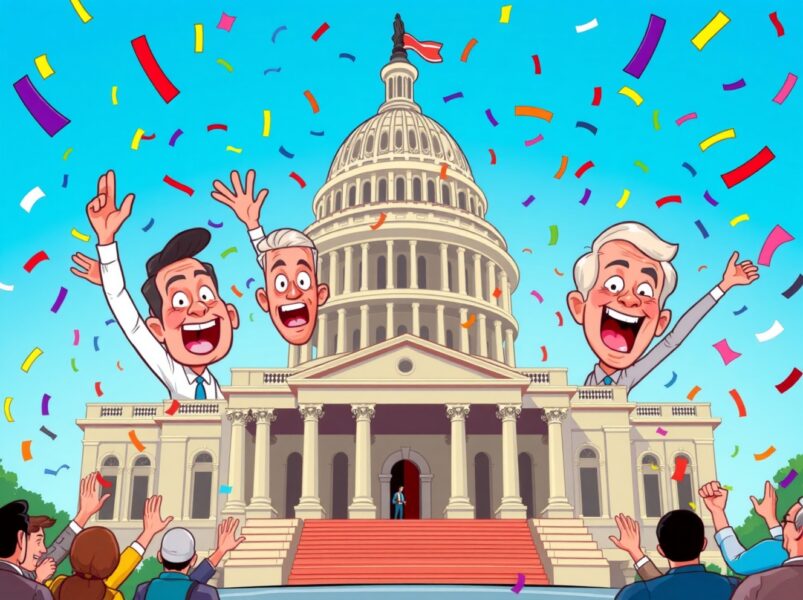The BRICS – a consortium of eleven countries, with 22 more in application stages, led by China, Russia, India and Brazil – declared in October the building of a new “gold settlement architecture as a strategic safeguard against global financial volatility.” This is a fine goal, which can take many specific forms. The quickest and easiest way (although not necessarily the “best” way) to get this done is to introduce “gold checking accounts” at major existing financial institutions, that already have all the vast infrastructure needed to process payments on a large scale, and are already trusted by other big corporations.
Heads of state and government of member, partner, and external engagement countries pose for a family photo during the BRICS summit in Rio de Janeiro, Brazil, on July 7, 2025. BRICS leaders at a summit on Sunday took aim at US President Donald Trump’s “indiscriminate” import tariffs and recent Israeli-US strikes on Iran. (Photo by Pablo PORCIUNCULA / AFP) (Photo by PABLO PORCIUNCULA/AFP via Getty Images)
AFP via Getty Images
A “gold checking account” is an account, denominated in grams of gold, that you can use to make a payment to another “gold checking account.” This differs from a “gold savings account,” which only allows deposits and withdrawals by the account owner. With such a “gold checking account,” using all the usual existing bank infrastructure including ACH transfers, wire transfers, SWIFT, debit cards, checks etc., you can make payments for goods and services, and provide the necessary infrastructure for things like gold-denominated bonds. The term “checking account” is somewhat American; in British English, this is known as a “current account.”
Many of the big existing banks in the BRICS realm already have “gold savings accounts,” denominated in gold, but which do not apparently allow payments to other accounts. Banks with such “savings accounts” include the Industrial and Commercial Bank of China; Russia’s Sberbank; the State Bank of India, and the Saudi National Bank.
Monkey-see monkey-do is the general way things get done, so it would be useful if there was an example to follow, a big bank that not only had a “gold savings account,” but also a “gold checking account” that allowed payments to other gold checking accounts. Is there such a bank? There is – and it just happens to be one of the largest banks in the world, HSBC.
HSBC’s “Gold Current Account” – offered by HSBC’s subsidiary in Turkey – allows the “transfer of gold in grams from your Gold Current Account to all other Gold Current Accounts only in HSBC A.S.”
This is the right idea, although for now it only allows payments between account holders at the same bank. There is not yet a “settlement infrastructure” for payments between different banks, known as a “clearinghouse.” But, HSBC is a big bank, so anyone who wants to take part in this payment system can just open an account at HSBC. Theoretically (though perhaps not actually), an oil producer in Iran can be paid by a customer in Pakistan, through their gold bank accounts at HSBC in Turkey. But, of course, it wouldn’t take many weeks before some existing bank in Iran or Pakistan takes over this role.
With these “gold current accounts,” we have the necessary infrastructure to purchase, and make payments of interest and principal, for gold bonds – lending denominated in gold. Then, you would be making some nice interest income. In an era of fiat floating currencies that chronically lose value, an interest-bearing bond denominated in gold would be a very attractive investment. If you could have bought an interest-bearing gold bond yielding 4.0% at the end of the Bretton Woods gold standard era, in 1970, and held it to the present, it would have been one of the best-performing asset classes worldwide, beating all world stock markets and bond markets.
Source: https://www.forbes.com/sites/nathanlewis/2025/11/07/the-brics-need-gold-bank-accounts/


